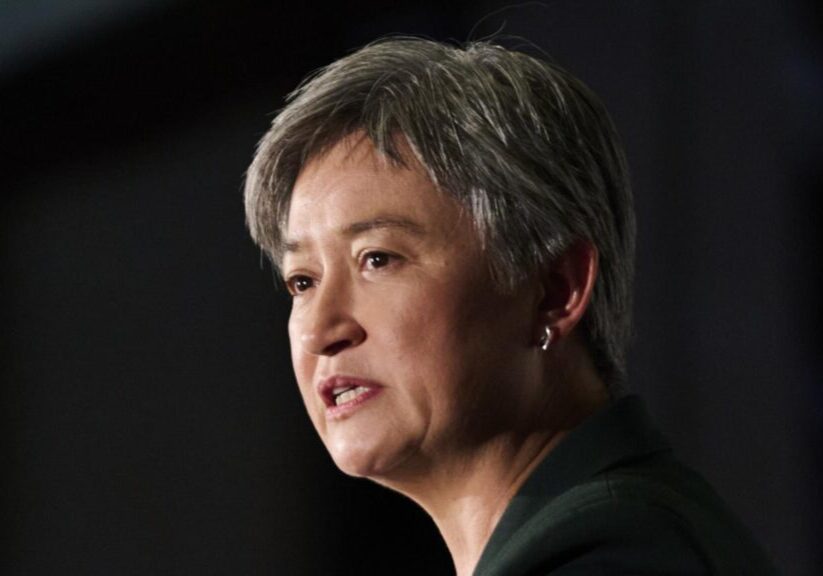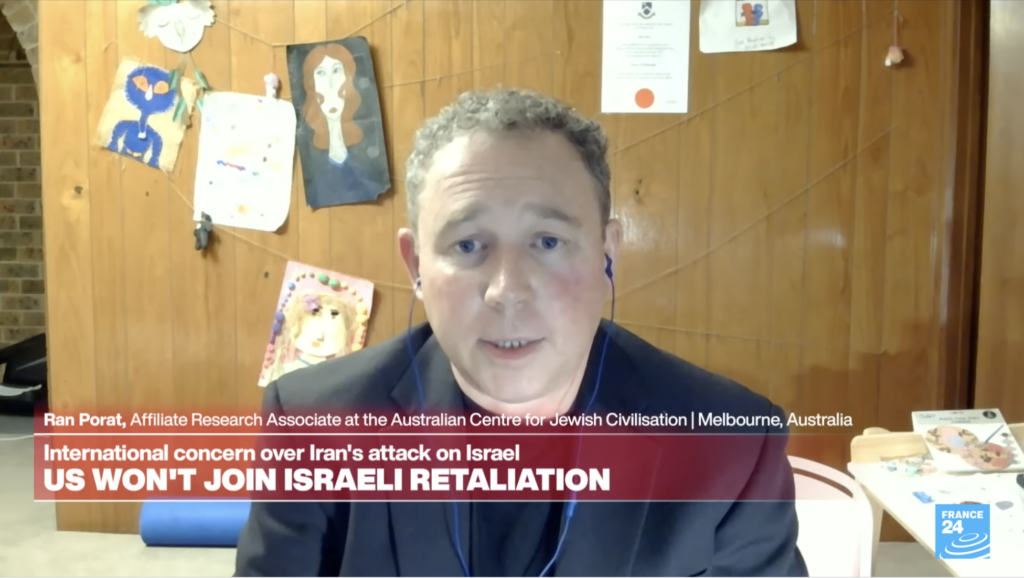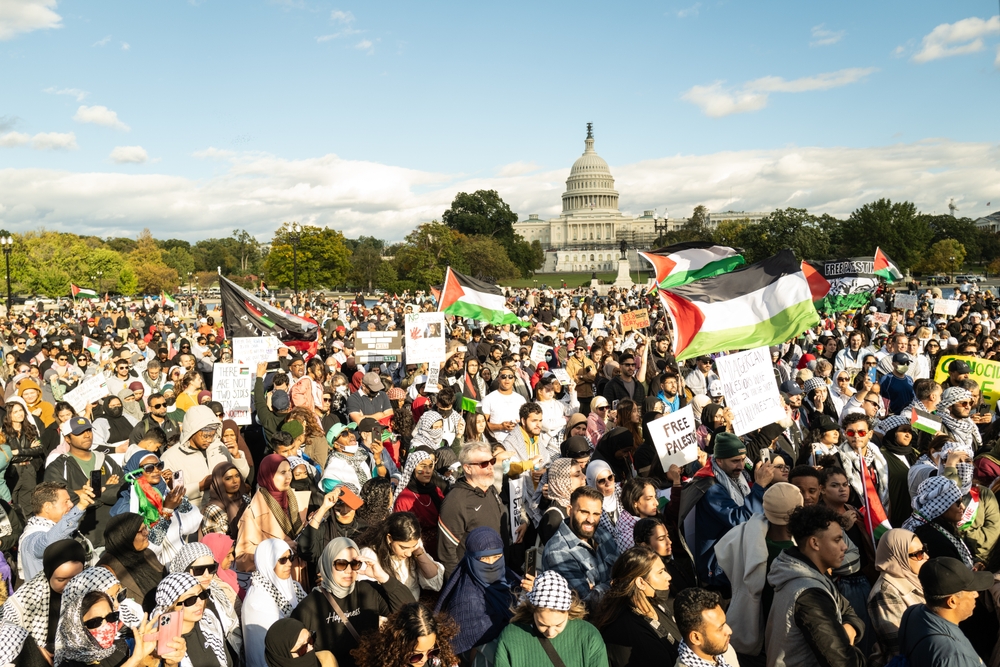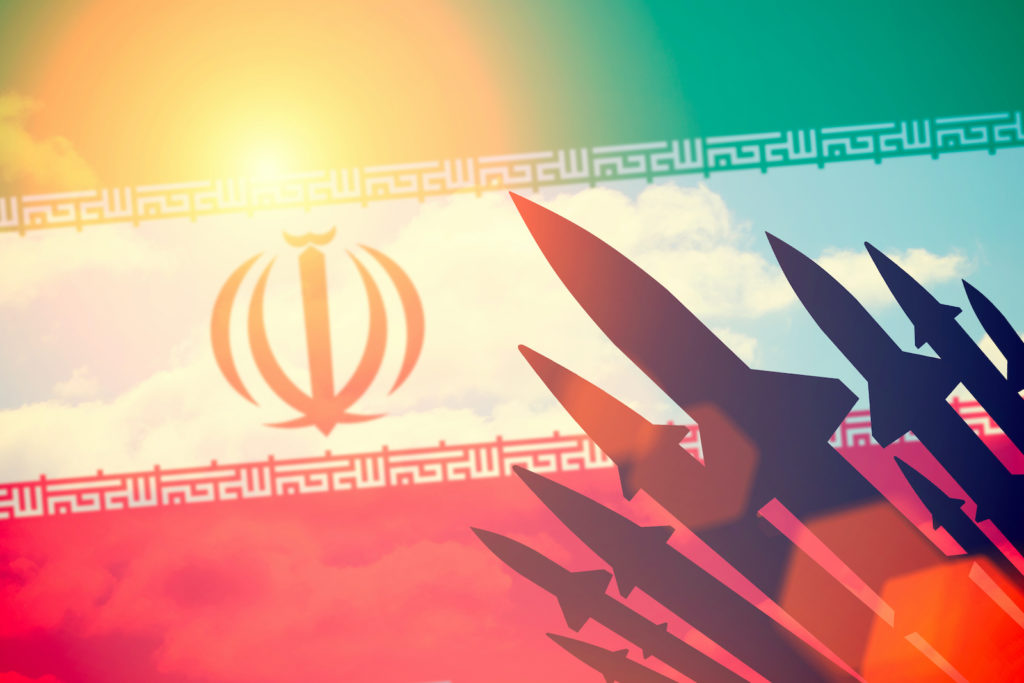IN THE MEDIA
Annapolis Aims Worth Pursuing
Nov 27, 2007 | Colin Rubenstein
Colin Rubenstein
Australian Financial Review – 27 November 2007
After months of wrangling and preparation, the Israeli-Palestinian peace conference at Annapolis in the US state of Maryland is upon us. Yet questions remain over its agenda and possible outcomes.
The expectations for Annapolis have been downgraded. Rather than announcing a pre-negotiated declaration of principles for ending the conflict, Annapolis is now envisioned as just the beginning of a two-track process: renewed negotiations on final status issues – Jerusalem, borders, refugees and security – conducted in parallel with confidence-building measures by both sides. The ultimate goal remains a two-state solution, perhaps before US President Bush’s term expires.
Setting impossible-to-meet expectations for Annapolis would have ensured failure while increasing the risk of more violence. And initial expectations were impossible to meet because, put simply, even with the best of intentions, the Palestinian Authority (PA) leadership most likely could not deliver peace right now.
Hamas, not PA President Mahmoud Abbas, controls the Gaza Strip – a reality made clear when Hamas forces shot dead 7 Fatah supporters at the recent memorial rally for Yasser Arafat. Moreover, Abbas has only limited loyalty within his own Fatah party in the West Bank.
Any agreement Abbas made that included concessions to Israel would be likely to cause a revolt in the Palestinian national movement.
It is thus regrettable, though not surprising, that while Abbas and Israeli Prime Minister Ehud Olmert have apparently developed a positive rapport, Abbas’ ministers and negotiators are sticking to their maximalist demands, including the entire Old City of Jerusalem and a Palestinian “right of return” to Israel for the descendants of refugees from 1948 – a complete non-starter. According to PA Minister of Information Riyad al-Maliki, “there is nothing the Palestinians will concede.”
This approach fails to recognise that Israel needs assurances that the painful concessions asked of it will actually lead to resolving the Arab-Israel conflict and preserve its Jewish character. Given the current state of Palestinian society, Abbas cannot credibly offer such assurances.
Arab and Muslim states’ participation will also be key to Annapolis’ success. Indeed, having these states attend to shore up the Fatah-ruled PA vis-à-vis Hamas was one of the original US aims for the conference.
That support has not been forthcoming, despite Arab recognition of the need to face down the growing Iran-Syria-Hezbollah-Hamas axis and stabilise the Palestinian situation. Saudi Arabia and Egypt have withheld their full support subject to guarantees that the conference will produce tangible results. Yet their support is precisely what is needed to generate those results. It is promising however, that the Saudi Foreign Minister and most Arab League foreign ministers are attending.
Obstacles to a successful conference remain. But with a realistic assessment of where things stand, where they need to go, and what will help bridge the gap, the Annapolis aims are well worth pursuing.
Colin Rubenstein is Executive Director of the Australia/Israel & Jewish Affairs Council.
Tags: Iraq











